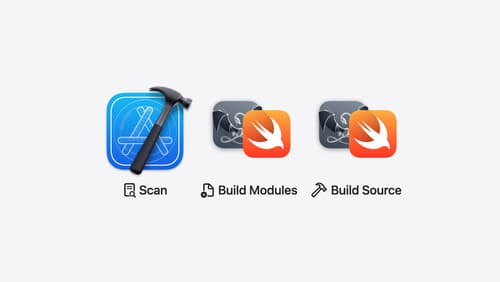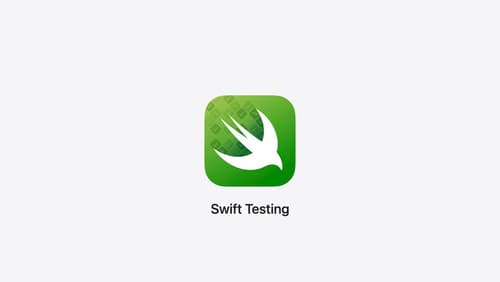i am confused by Swift macros, help
Asked on 2024-07-31
1 search
Swift macros are a powerful feature that allows you to write Swift code that acts as a compiler plugin. They take the syntax tree as input and return transformed code as output. This can be particularly useful for reducing repetitive boilerplate code and enabling more expressive APIs.
For a deeper understanding of Swift macros, you can watch the session titled "Expand on Swift macros" mentioned in the A Swift Tour: Explore Swift’s features and design session.
Here are some key points about Swift macros:
- Compiler Plugin: Macros act as a compiler plugin, transforming the syntax tree.
- Boilerplate Reduction: They help reduce repetitive boilerplate code.
- Expressive APIs: Enable the creation of more expressive APIs.
If you want to explore more about Swift's features and design, you can check out the session "A Swift Tour: Explore Swift’s features and design" which covers various aspects of Swift, including macros, result builders, and property wrappers.
Relevant Sessions
Feel free to ask if you need more specific details or timestamps!

A Swift Tour: Explore Swift’s features and design
Learn the essential features and design philosophy of the Swift programming language. We’ll explore how to model data, handle errors, use protocols, write concurrent code, and more while building up a Swift package that has a library, an HTTP server, and a command line client. Whether you’re just beginning your Swift journey or have been with us from the start, this talk will help you get the most out of the language.

Demystify explicitly built modules
Explore how builds are changing in Xcode 16 with explicitly built modules. Discover how modules are used to build your code, how explicitly built modules improve transparency in compilation tasks, and how you can optimize your build by sharing modules across targets.

Meet Swift Testing
Introducing Swift Testing: a new package for testing your code using Swift. Explore the building blocks of its powerful new API, discover how it can be applied in common testing workflows, and learn how it relates to XCTest and open source Swift.
